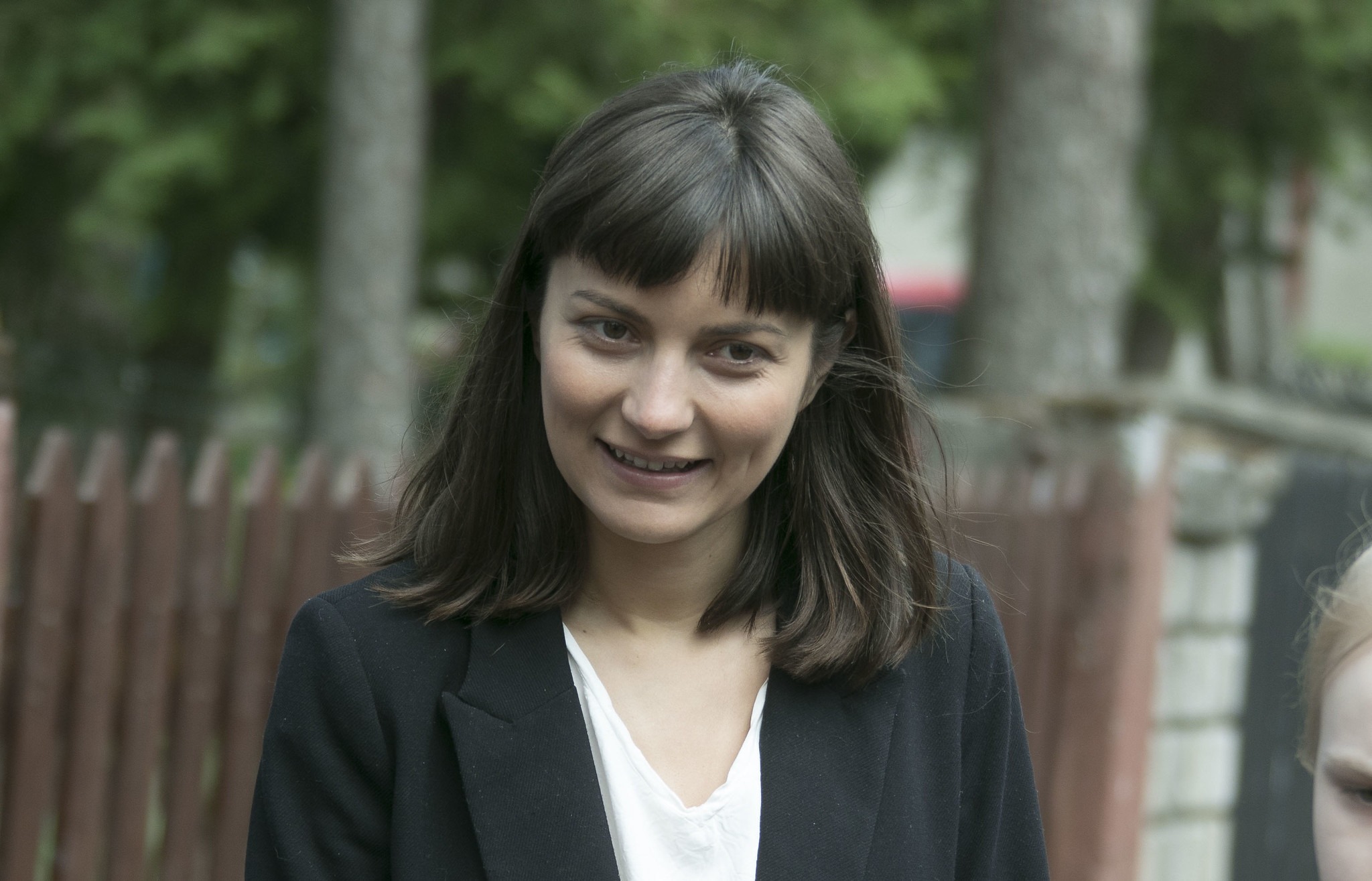
Key Insights:
Throughout December Kremlin-aligned social media continued their usual narratives, claiming that Latvia is Russophobic, undemocratic, and a failed state. However, they also continued reporting on wild foreign policy statements coming from the next US president Donald Trump, which normalize Russia’s aggressive and expansive foreign policy.
The main narratives were:
- claims about alleged Russophobia in Latvia.
- reports and exaggerations about US foreign policy following Trump’s election.
- Latvia is an undemocratic, failed state which does not care about its citizens.
Overview of findings:
Kremlin-aligned Telegram channels portrayed Latvia as a failed, undemocratic state with various social and economic problems. They spread narratives about high inflation, and unaffordable healthcare, and made false claims about the US reducing its diplomatic presence in Kyiv and Riga. These channels particularly focused on portraying Latvia as discriminatory against its Russian-speaking population.
The channels extensively used the concept of “Russophobia” as a manipulation tactic to discredit the government of Latvia and criticize the use of Latvian as the state language. They specifically targeted Latvia’s transition to education in the Latvian language and the removal of Soviet monuments as evidence of anti-Russian sentiment. The messaging also attempted to frame international sanctions against Russia as self-damaging to Latvia, while highlighting alleged inconsistencies in their implementation.
Pro-Kremlin channels made unfounded accusations about the Baltic States supporting Nazism, while simultaneously claiming Russia’s invasion of Ukraine was a “denazification” effort. They spread baseless conspiracy theories about Latvia deliberately reducing its population to comply with alleged secret EU directives and accused Latvian textbooks of historical falsification without providing evidence. Some channels used “hahaganda” – humor-based propaganda – to ridicule Latvian leadership.
The channels also amplified statements by Donald Trump about potential US territorial expansion, using these to legitimize Russia’s own territorial aggression. While some posts simply reported these statements, others added supportive or satirical commentary. This messaging was used to show how the US is undermining international norms and how Trump sees international relations as purely transactional. This allows to to normalize Russia’s aggressive actions in Ukraine where it is using similar arguments to legitimize its aggression.
Story of the month:
Latvia’s reaction to Russia’s invasion of Ukraine – “Russophobia”
Recent monitoring of Kremlin-aligned social media channels reveals that a popular and often used narrative portrays Latvia as discriminatory against its Russian-speaking population, using accusations of “Russophobia”. The messages in December particularly targeted Latvia’s education reform (transitioning to education only in the Latvian language) and the policy to remove monuments associated with the legacy of the Soviet Union. Telegram channel Baltnews described the removal of these monuments as the “destruction of Russian historical and cultural heritage”. Monitored channels did not explain the reasoning behind the removal of these monuments. Instead, they reposted a random social media post that stated that “only “Kremlin’s agents” and “idiots” do not support the removal of monuments. This does reflect a real sentiment among some Latvians, but this amplification of one loud opinion does not cover all aspects of why these monuments are removed. Another post sarcastically noted that despite removing monuments to Pushkin and Soviet soldiers, “children in Latvia still do not want to speak Latvian,” but prefer speaking English.
Kremlin-aligned channels also reposted statements of Russian Foreign Minister Sergei Lavrov. Speaking at the OSCE Council of Foreign Ministers, Lavrov characterized the Baltic States as being “wrapped in barbed wire” and criticized their willingness to host American troops. Similarly, other posts criticize Latvia’s support of Nazis in Ukraine. These statements align with broader social media messaging that attempts to portray Latvia’s Western alignment as irrationally anti-Russian.
Claims of alleged Russophobia are a key narrative in these social media outlets. While Kremlin-aligned channels frequently use this label to describe Latvia’s policies, they also often claim Latvia and Latvians are Russophobic without providing context or substantive evidence. These channels also frame legitimate law enforcement actions against pro-Kremlin radicals as politically motivated persecution, demonstrating a pattern of reframing domestic policy decisions as evidence of systemic discrimination and Russophobia.
This messaging is aimed to undermine the government of Latvia and sow division within society by portraying policy decisions in the aftermath of Russia’s full-scale invasion of Ukraine as acts of discrimination against its Russian-speaking minority.









